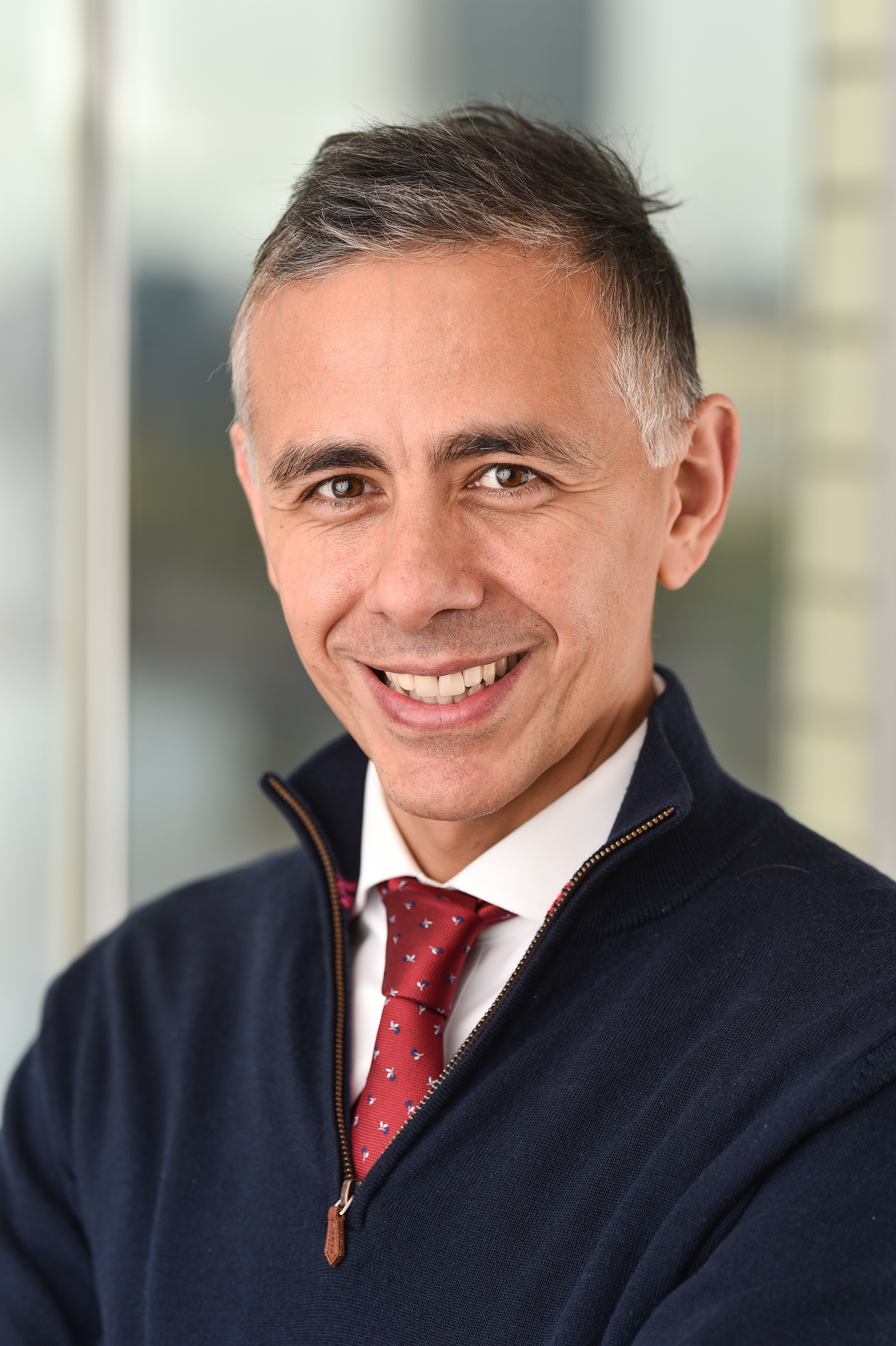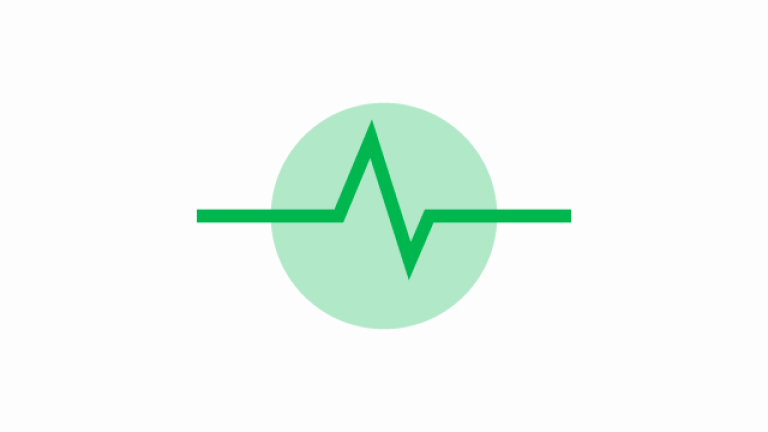Dr Shahbaz Roshan-Zamir is a Consultant Geriatrician at Guy’s & St Thomas’ Hospital (GSTT) in London. He set up a Cardiology Older Persons Service (COPS) in 2017 along with his colleague, Dr Rebekah Schiff. They both have a specialist interest in cardiology. The COPS service is ultimately a liaison service, based around the Perioperative Care for Older People (POPS) model of care, aiming to support the cardiology teams at a large UK tertiary centre with their older, frailer, multimorbid, or more complex patients. The COPS team are fully incorporated into the heart teams at GSTT and are integral to respective heart team MDTs. Dr Roshan-Zamir is the current Chair of the BGS Cardiovascular Special Interest Group (SIG), which is having its 30th Annual Meeting on Friday 12 September in London. He posts on X: @roshan_shahbaz.
I have never written a blog before but was inspired by our immediate past Chair, Dr Lara Mitchell, to follow suit. After our last BGS Cardiovascular Meeting – Confidence in Complex Cardiovascular Care, it is increasingly apparent that a geriatrician plays a key role in cardiovascular care of older adults.
The World Health Organisation (WHO) and the United Nations predict that by 2050, 25% of the population will be aged 65 or older, and the number of people aged 80 or older will have tripled. Cardiovascular disease (CVD) is the most common condition in multimorbid patients, and the leading cause of mortality (1 in 4 of all deaths) and disability in the UK. There is significant scope for reducing CVD and improving the health and wellbeing of the ageing population.
Unsurprisingly, there is now an increasing focus globally on “geriatric cardiology” with an exponential rise in research and publications related to this field, particularly over the past decade. The heart team, traditionally composed of cardiologists, cardiac surgeons, and interventional cardiologists, is evolving into a more holistic multidisciplinary and multiprofessional approach. As our population ages, the complexities of cardiovascular disease are increasingly intertwined with the challenges of frailty, multimorbidity, and cognitive decline. There is a bidirectional relationship between frailty and CVD for instance. Multimorbidity doubles the risk of frailty. Just as frailty influences cardiovascular risk factors, it can also affect the management and outcomes of CVD.
What do we do? The COPS service is modelled around a geriatrician-led Comprehensive Geriatric Assessment (CGA) with recommendations for ongoing management made to the primary cardiology team based on an individualised approach. The COPS service is now fully incorporated into multidisciplinary heart teams across the cardiology specialties, ensuring holistic and patient-centred reviews of older, frailer, multimorbid patients across the inpatient and outpatient settings where we commonly utilise a CGA questionnaire (‘CGA-Q’) to guide the consultation prior to being seen.
The European Society of Cardiology (ESC), American College of Cardiology (ACC), American Heart Association (AHA), British Cardiovascular Society (BCS) all recommend a collaborative heart team approach to successful management of older people with heart disease, ideally with the inclusion of a geriatrician. At GSTT we are integral members of the heart MDT which also includes nurse specialists, pharmacists, cardiac surgeons, physiologists, and a cardiac anaesthetist. Currently, we attend biweekly structural valve MDTs and a weekly heart failure MDT. We are occasionally asked to attend the more specialised MDTs such as endocarditis MDTs. These MDTs allow for more effective shared decision making, as well as joined-up, and collaborative care with an individualised approach. In between MDTs, we maintain close communication and are in regular contact with our MDT colleagues via email or messaging.
Thanks to close working relationships forged over many years, our cardiology colleagues are aware of the minimum requirement of a socio-functional history, and Clinical Frailty Scale (CFS) score for each patient who is presented. We also encourage use of the Essential Frailty Toolset (EFT) for patients being considered in particular for TAVI.
We act as an advocate for our cohort of patients who are faced with a specialty that is often in favour of interventions. Cardiology as a specialty has a high referral burden, is often overstretched, and often has insufficient clinic time to apply a more patient-centred holistic review of older patients with multimorbidity, frailty and cognitive impairment. Cardiologists know to refer patients on, if they need a more holistic, CGA approach. The valve team often refer patients when they are not certain as to whether intervention will benefit the patient or if there is a question of futility.
Why is a geriatrician crucial to the heart team?
- Holistic approach: a holistic perspective, considering not only the cardiovascular disease but also the patient's overall wellbeing.
- Frailty: assessing for frailty and supporting with “de-frailing” measures such as physical exercise, optimising nutrition and treatment adherence.
- Managing multimorbidity: older adults often present with multiple chronic conditions, each requiring careful consideration. Geriatricians possess the expertise to manage these complex interactions, ensuring that cardiovascular interventions do not negatively impact other health issues.
- Optimising medication management: polypharmacy is common in older adults, increasing the risk of adverse drug reactions. Geriatricians can optimise medication regimes, minimising risks and maximising benefits.
- Assessing cognitive function: cognitive impairment can affect a patient's ability to understand and adhere to treatment plans. Geriatricians can assess cognitive function, providing valuable insights for shared decision-making.
- Enhancing shared decision-making: Geriatricians champion patient-centred care and shared decision-making. They ensure that treatment plans align with the patient's values, preferences, and goals of care.
- Improving post-operative care: Geriatricians play a crucial role in optimising post-operative care, minimising complications, and facilitating rehabilitation.
- Complex discharge planning: Geriatricians apply their communications skills, knowledge of integrated care pathways and alternative care options to hopefully reduce lengths of stay in hospital. They are also well placed to utilise community teams (via integrated services and hospital at home) with the aim of managing the patient at home.
By incorporating geriatricians into the heart team, we can ensure that older adults with cardiovascular disease receive comprehensive, patient-centred care that improves outcomes and enhances quality of life. In essence, the geriatrician's role in the heart team is not just a welcome addition; it's a necessity. By bringing our unique skills and perspective, we are helping to redefine cardiovascular care for an ageing population.
Contact Dr Shahbaz Roshan-Zamir via shahbaz.roshan@nhs.net should you have any questions.


